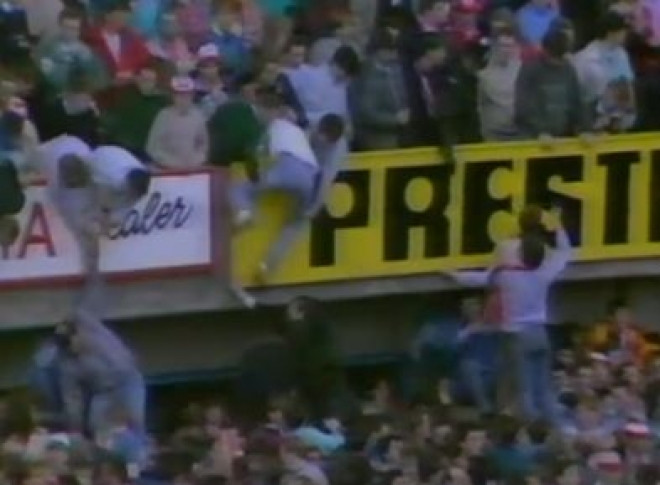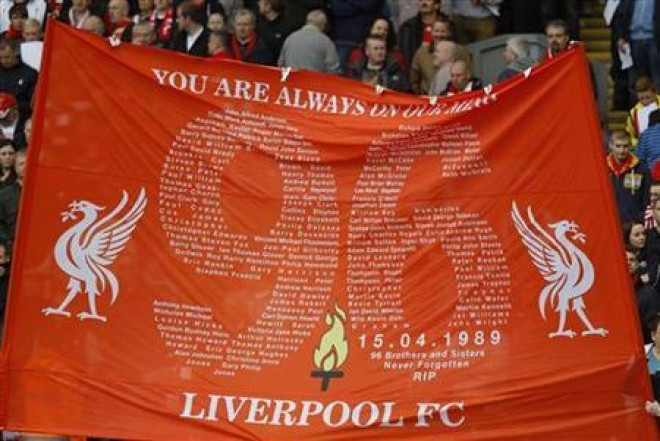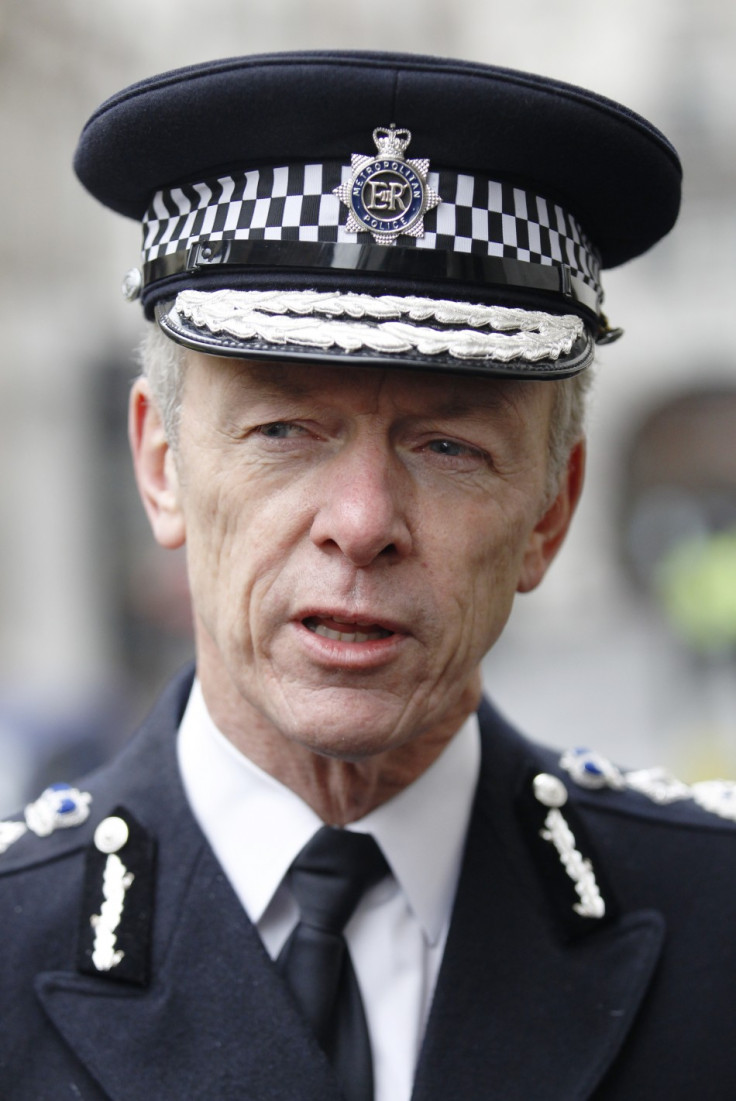Hillsborough Victims Families' Surveillance Claims Probed by Police Watchdog

Investigations are under way into whether families of Hillsborough disaster victims were put under police surveillance.
The Independent Police Complaints Commission (IPCC) announced that it was in discussions with victims' families over suspicions that they were watched by police in the aftermath of the tragedy.
The commission said the possibility was raised after the Metropolitan Police Service was criticised for not giving a definitive answer to whether it had or had not put families under surveillance.
The force neither confirmed nor denied them.
More than 500 extra police notebooks found at South Yorkshire Police premises will be analysed. The IPCC made the discovery as it prepared to hand over all the information relating to the tragedy before an inquest opens on 31 March.

A total of 242 police officers' accounts of their role in Hillsborough are suspected of having been amended. One hundred and sixty police personnel have been interviewed about their submissions.
The commission's deputy chair, Rachel Cerfontyne, said: "I fully appreciate that the pace of the investigations is of concern to a number of people. No-one is getting younger and after waiting for almost 25 years it is understandable that people want action now.
"I have to stress that our and Operation Resolve's focus has to be on ensuring our work is done thoroughly and to the highest possible standard. This is the chance to ensure the disaster and its aftermath are investigated properly. This cannot be rushed.
"We have to build a firm base of evidence before we speak to the key subjects of the investigation and ultimately we have to ensure the Crown Prosecution Service has the best information on which to make its decisions."
Amendments in statements range from grammatical changes to significant alterations. Officers interviewed to date are both serving and retired and have been treated as witnesses to help build up a picture of the processes they went through when making their statements.

Ninety-six people were crushed to death and 766 others were injured at Sheffield's Hillsborough ground during a match between Liverpool and Nottingham Forest in April 1989.
The 1990 Taylor Report into the incident concluded that the main reason for the disaster was the failure of police control.
In September 2012, the Hillsborough Independent Panel concluded that up to 41 of the deaths might have been avoided had the victims received prompt medical treatment. In December 2012, a new inquest was granted in the High Court.

The IPCC added that the Met Police commissioner faces a complaint regarding his conduct. Paul Spearritt, whose brother Adam died in the disaster, made the complaint in relation to Hogan-Howe's role at the Boys' Club in the immediate aftermath of the disaster.
Spearritt lodged a second complaint about a public statements made by Hogan-Howe on an account to the Taylor Inquiry.
The IPCC said that the investigation had received 1,634 responses to the witness appeal but called on anyone who:
- Had helped extract one of the deceased from a pen on to the pitch or through the tunnel
- Assisted with treatment or acrrying of one of the deceased on the pitch/into the gymnasium; was otherwise involved in the emergency response on the pitch or in Leppings Lane
- Was in close proximity to barrier 124A when it collapsed
- Entered the stadium through the West Stand turnstiles or Gates A, B or C
- Was injured and attended a Sheffield area hospital in the aftermath of the disaster
- Attended the 1981, 1987, or 1988 FA Cup semi-final at Hillsborough.
© Copyright IBTimes 2025. All rights reserved.






















